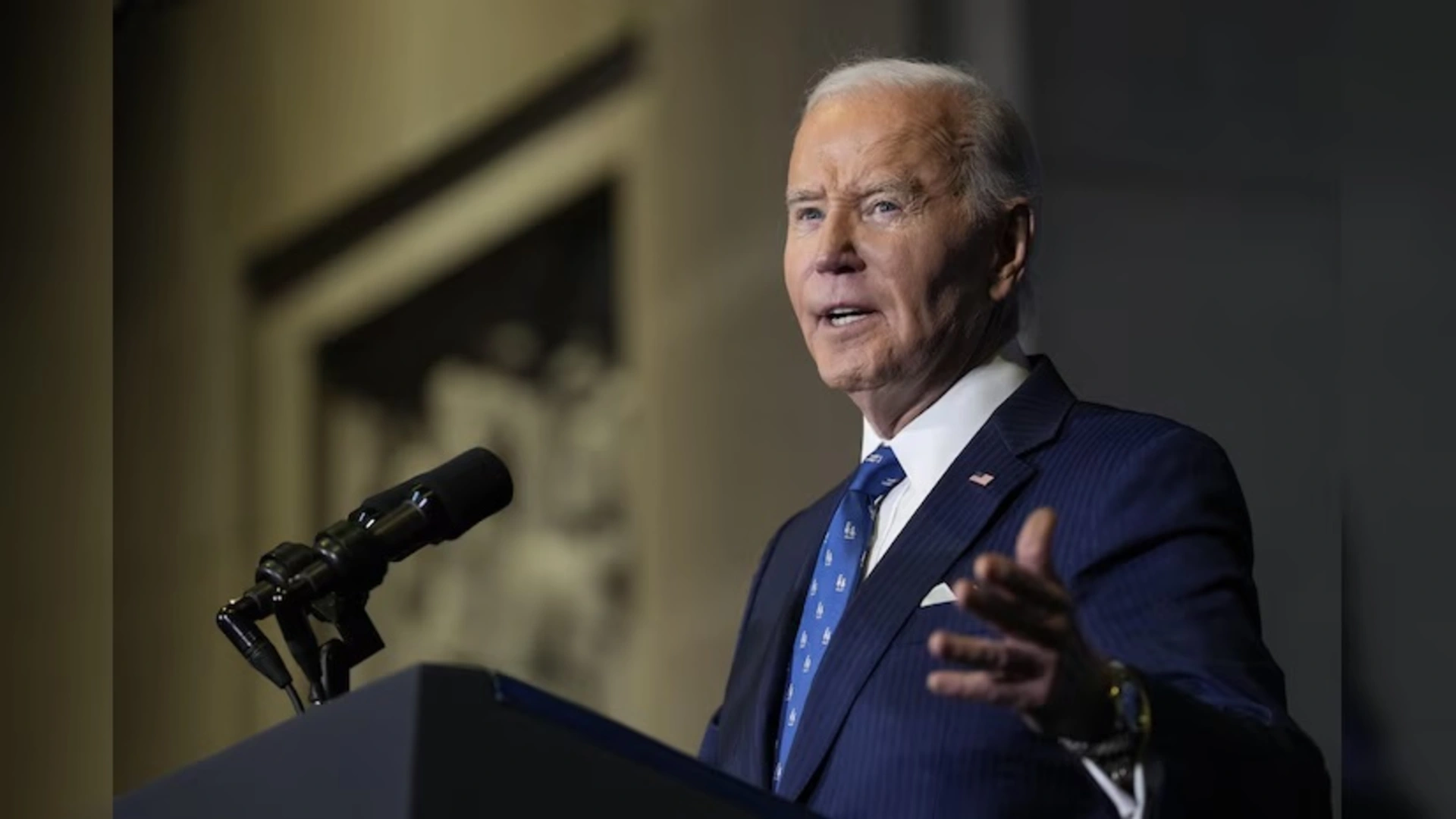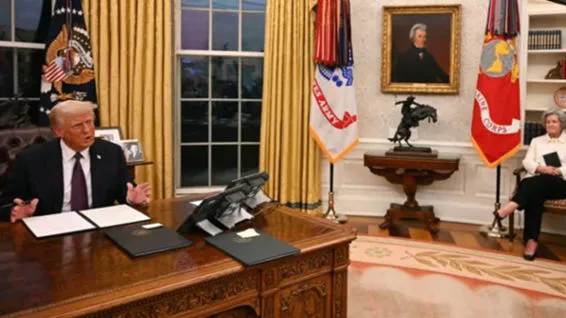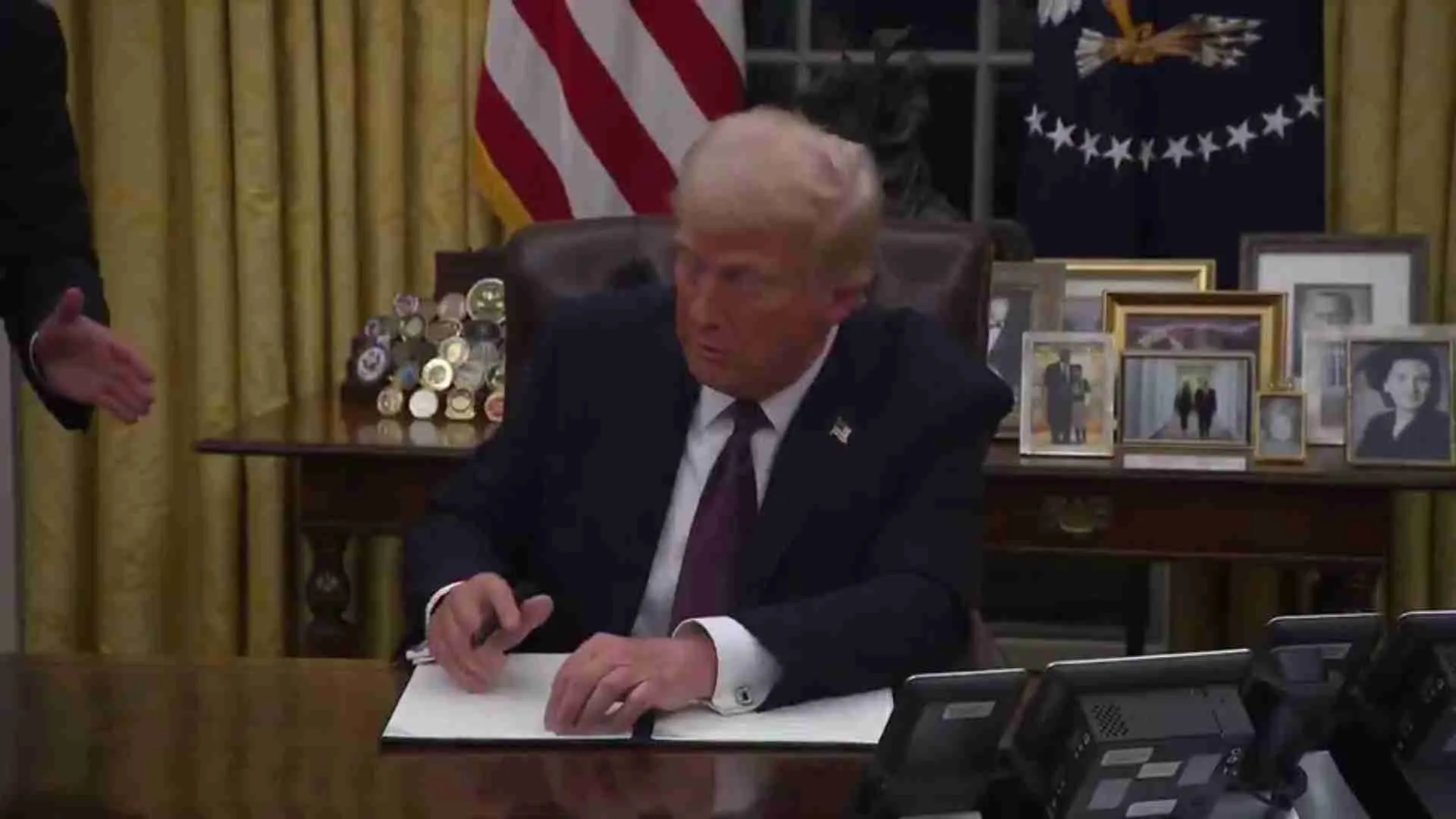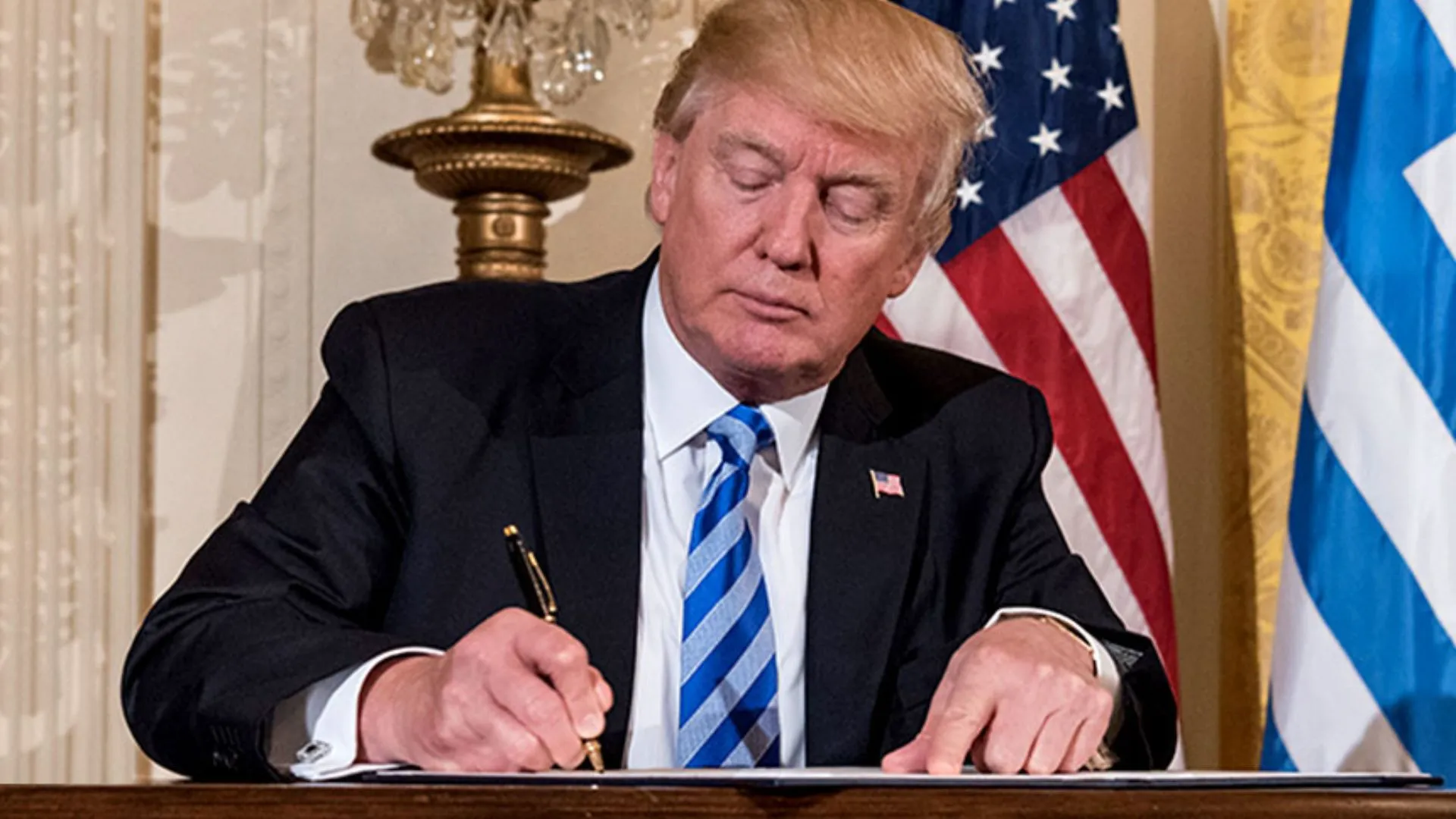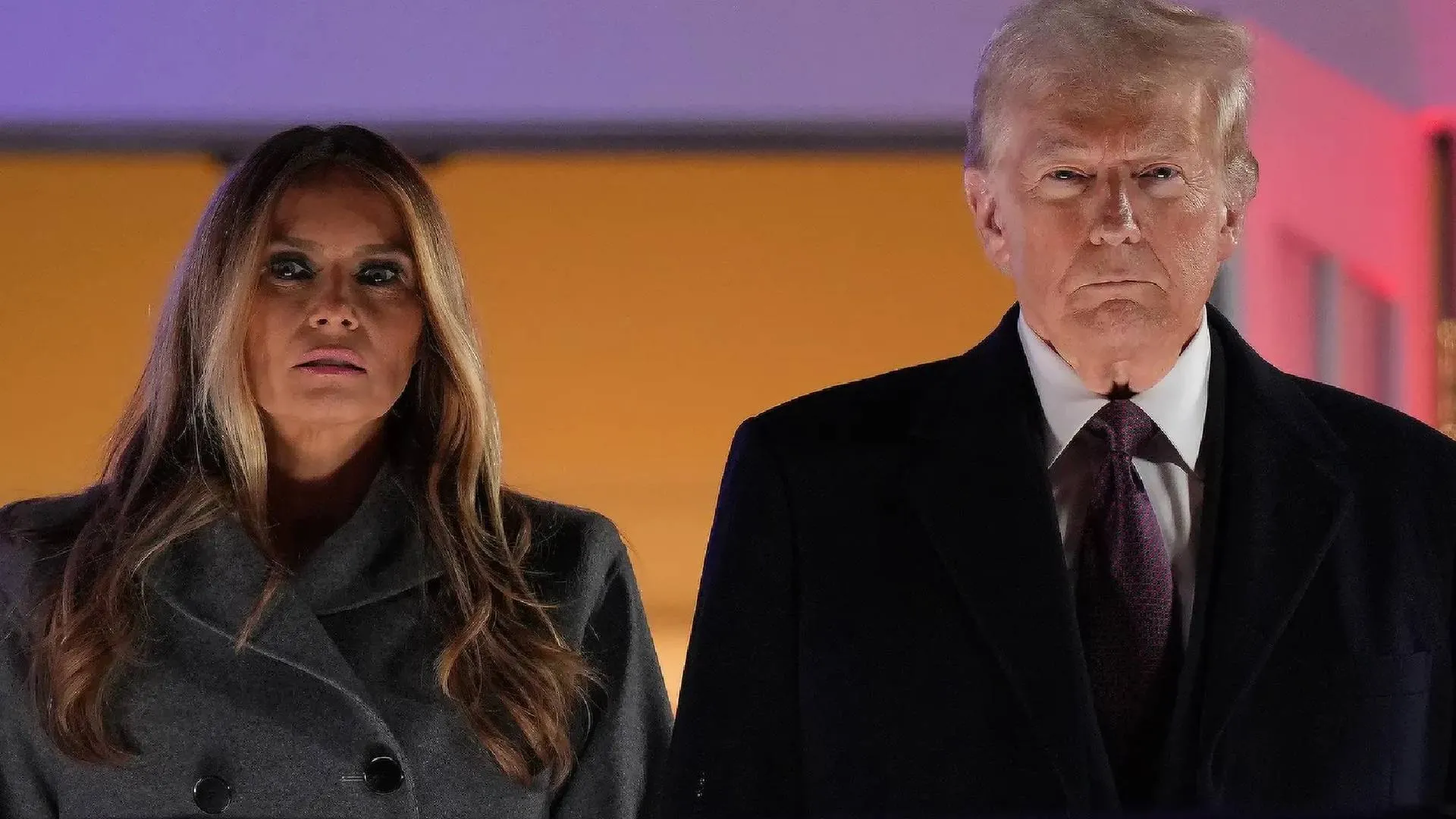US President Joe Biden signed a bill into law on Saturday to fund the government through mid-March, avoiding a shutdown just days before Christmas, the White House announced. The legislation, passed by Congress earlier, ensures the continuation of government operations into the new year. It funds the government at current levels through March 14 and provides $100 billion in disaster aid and $10 billion in agricultural assistance for farmers.
House Speaker Mike Johnson, R-La., had insisted that lawmakers would “meet our obligations” and not allow federal operations to close. However, the outcome of the deal remained uncertain after former President Trump demanded an increase in the government’s borrowing limit. Trump had stated that if this condition was not met, “let the closures start now.”
Johnson’s revised plan passed the House with a 366-34 vote and was approved by the Senate in a 85-11 vote after midnight. By then, the White House confirmed that shutdown preparations had ceased. “There will be no government shutdown,” said Senate Majority Leader Chuck Schumer, D-N.Y.
Johnson, who spoke to Trump after the House vote, said the compromise was “a good outcome for the country” and that the president-elect “was certainly happy about this outcome, as well.”
This final deal marked the third attempt by Mike Johnson to fulfill a basic requirement of the federal government: keeping it open. Amid discontent within Republican ranks and external influences, including former President Trump and Elon Musk, questions have been raised about Johnson’s ability to maintain his position. The House will elect its next speaker on January 3, 2025, when the new Congress convenes. With a slim Republican majority of 220-215, Johnson will need near-unanimous support from his party to retain the speakership.
One House Republican, Rep. Andy Harris of Maryland, criticized the deficit spending in the bill and stated that he was “undecided” about GOP leadership. Other Republicans have also expressed dissatisfaction with Johnson.
Trump’s last-minute demand regarding the debt limit was almost impossible to fulfill, and Johnson had little choice but to navigate around that pressure. The speaker knew that there wouldn’t be enough support from the slim Republican majority to pass any funding package, as many Republican deficit hawks prefer cuts to the federal government and oppose further debt. As a result, Republicans, who will have full control of the White House, House, and Senate in the new year, are showing that they will routinely need to rely on Democrats for votes to manage the routine operations of government.
The federal debt stands at roughly $36 trillion, and the post-pandemic inflation surge has pushed up the government’s borrowing costs, meaning debt service next year will exceed spending on national security. The last time lawmakers raised the debt limit was in June 2023. Instead of raising the limit by a specific dollar amount, lawmakers suspended it through January 1, 2025.
Currently, there is no immediate need to raise the debt limit, as the Treasury Department can implement “extraordinary measures” to prevent a default. These accounting maneuvers may extend the default deadline to the summer of 2025. However, this is what Trump sought to avoid, as an increase would be needed while he is president.
GOP leaders have stated that the debt ceiling will be addressed as part of tax and border packages in the new year. Republicans have agreed to raise the debt limit at that time while cutting $2.5 trillion in spending over the next decade. This deal is similar to the one that failed on Thursday night, minus Trump’s debt demand. It is much smaller than the original 1,500-page bill Johnson had negotiated with Democratic and Republican leaders, which Trump and Musk rejected, forcing Johnson to start over. The original bill included a long list of other measures, such as pay raises for lawmakers, but also contained bipartisan proposals that now face a tougher path to becoming law.
Trump, not yet sworn into office, continues to demonstrate his influence and limitations with Congress, orchestrating affairs from Mar-a-Lago alongside Musk, who is heading up the new Department of Government Efficiency.
Must Read: US Judge Rules Against NSO Group In WhatsApp Hacking Case

